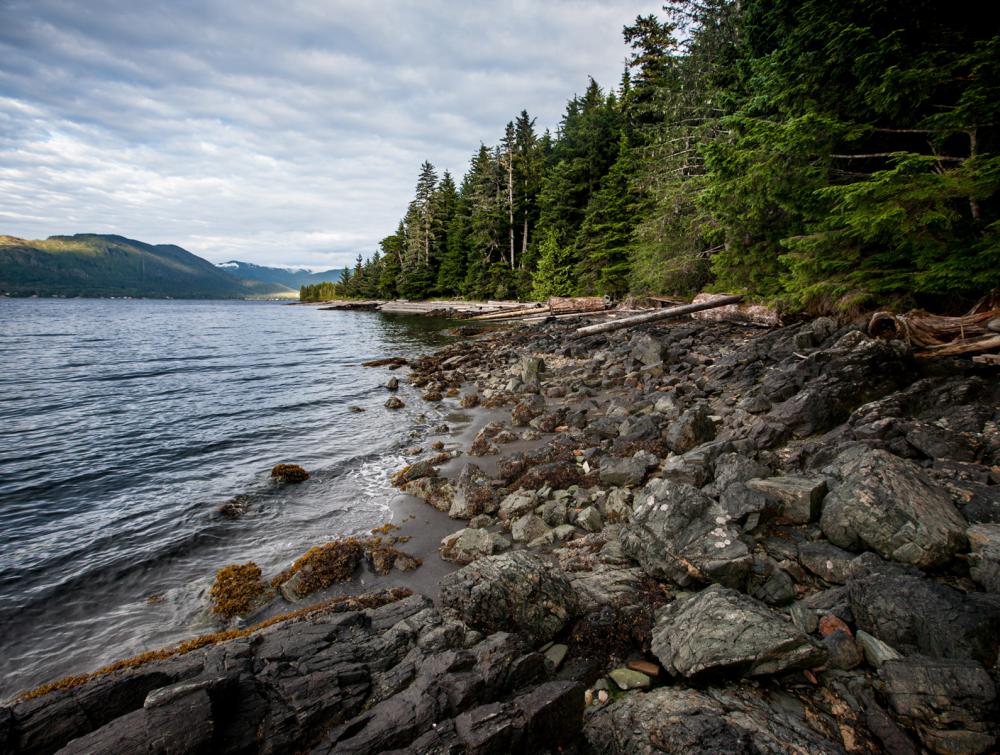The Trump Administration Proposes Expanded Logging on the Tongass National Forest

Tongass National Forest, Alaska
Nelson Guda
The Tongass National Forest is a carbon sink and plays an important role in helping combat climate change.
The Trump administration followed through on its threat to propose expanded logging on America’s largest national forest today.
The U.S. Forest Service recommended eliminating protections under the roadless rule on 9.3 million acres of the Tongass National Forest.
This move would allow unfettered logging and road building on one of the last remaining intact temperate rainforests in the world.
Never before has the protection for so much of a national forest been proposed for permanent eradication. Fortunately, for the next 60 days, the public has the ability to weigh-in on this issue.
Five reasons to care about the Tongass right now:
- The Tongass is America’s Amazon rainforest. It captures more carbon than any other national forest in the country. These old-growth trees are champions of absorbing greenhouse gas emissions. At a time when combating climate change is paramount, preserving – not ruining — the Tongass is a critical and easily-attainable first step.
- Allowing logging companies to make corporate profit off our public lands isn’t in our best interest. The Tongass makes up a signficant portion of our national lands, and when it’s gone, it’s gone. According to a recent poll, 75 percent of Americans favor these protections, and so do Alaskans, according to the comments already submitted to the U.S. Forest Service. The Roadless Rule protects our national forests, our air and our water for future generations.
- You can’t have it both ways. Tourism and commercial salmon fishing are the leading economic drivers in Southeast Alaska. Logging would jepordize both of these industries. Visitors don’t want to see forest clearcuts, sediment-filled streams and roads cut across these beautiful landscapes. Logging the Tongass would harm the economy of Southeast Alaska.
- Let forests be a part of the solution to climate change. Our forests sequester approximately 10 percent of the United States’ carbon emissions. The best chance for reducing greenhouse gas emissions is by curbing deforestation and forest degration, according to the 2019 IPCC Report.
- Let’s bring science back to decision-making. This blanket-approach is not based in science. Twenty-five percent of salmon off the West Coast comes from the Tongass. This translates into 50 million salmon annually. Eliminating protections under the roadless rule will not preserve water quality and protect fisheries.
- Contact: Chelsi Moy, Communications Manager, The Wilderness Society, (406) 240-3013, cmoy@tws.org.
The Wilderness Society, founded in 1935, is the leading conservation organization working to protect wilderness and inspire Americans to care for our wild places. With more than one million members and supporters, The Wilderness Society has led the effort to permanently protect 109 million acres of wilderness and to ensure sound management of our shared national lands. www.wilderness.org
